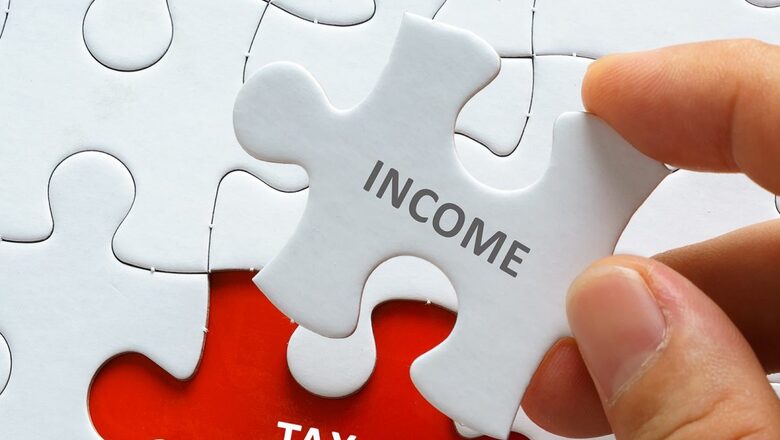
views
Advance tax is the amount of income tax that should be paid in advance during the financial year instead of paying lump-sum amount at the end. Otherwise known as ‘pay as you earn tax’, advance tax is paid in instalments during the financial year. Simply put, advance tax is calculated on the income a taxpayer earns in the same financial year.
Who Needs to Pay Advance Tax?
According to Section 208 of Income Tax Act, a taxpayer needs to pay advance tax if his or her tax liability is Rs 10,000 or more in a financial year. For salaried individual, it is a must to pay advance tax. Those who are self-employed or earn from other sources such as interest from deposits, rents, capital gains from stocks or mutual funds, are also required to pay advance tax. Senior citizens who are more than 60 years of age, are exempt from this rule, if they do not have any income from business or profession.
When Do you Need to Pay Advance Tax?
Every individual need to calculate their income and tax liability and pay the advance tax in four instalments throughout the financial year. At least 15 per cent of the advance tax should be paid on or before June 15 of every financial year. Forty five per cent of the advance tax should be paid on or before September 15. Individuals need to pay 75 per cent of the advance tax on or before December 15. Taxpayers are required to pay 100 per cent of advance tax liability by March 15 of the financial year.
How to Calculate Advance Tax
Let’s understand how to calculate advance tax on your income in a financial year
First, make an estimate of the total income earned from salary and other sources. Now, add incomes from all the sources including salary and interest from fixed deposits, rent etc. From this amount, deduct expenses such as medical insurance premiums, tax-savings investments, amount spent on travel and phone bills among others. Now, calculate income tax liability on the total taxable income. If tax liability is more than Rs 10,000 after considering tax deducted at source or TDS and tax collected at source or TCS, you are required to pay advance tax.
What Happens if you Don’t Pay Advance Tax
Individuals have to pay a penalty under Section 234B and 234C of Income Tax Act for default in payment of advance tax.
a) If a taxpayer fails to deposit advance tax or less than 90 per cent of the total tax liability, an interest of 1 per cent per month or part of the month from April till the date of payment of tax, will be levied, as per Section 234B of Income Tax Act.
b) If advance tax paid in any instalment is less than prescribed percentage of instalment amount, an interest will be levied according to Section 234C of Income Tax Act. Example: If the advance tax paid on or before June 15 is less than 15 per cent of the total tax liability, a interest of one per cent will be levied on the 15 per cent of total liability minus the amount paid before the due date for three months.
Read all the Latest News , Breaking News , watch Top Videos and Live TV here.



















Comments
0 comment